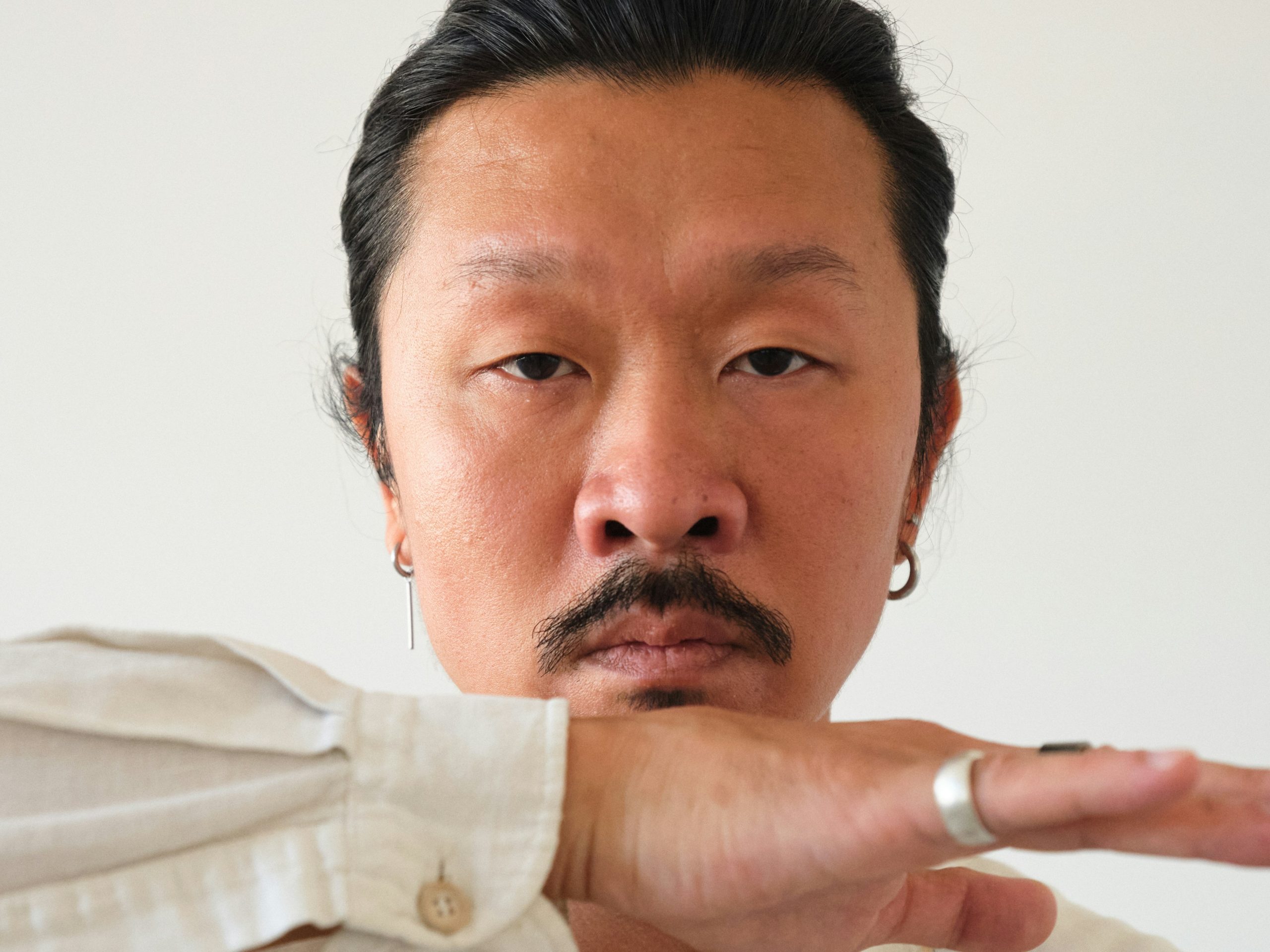By Traciana Graves
Your self-care feels fragile not because you lack discipline, but because most systems aren’t designed to protect renewal.
Opening Notes from Traciana
I was developing Day 5 content for our Best Self & Life Mini-Retreat when I realized we’re missing the most crucial piece of transformation: integration. So many people invest deeply in renewal experiences only to watch them dissolve within weeks. That insight couldn’t stay inside the retreat—it needed to reach anyone who has ever struggled to sustain what serves them.
—Traciana
P.S. If you feel called to explore this work in community, the mini-retreat awaits you here.
The Renewal Paradox
You know the cycle. You return from a transformative retreat, finish a powerful cleanse, or complete an intensive wellness program. For a moment, everything feels aligned. You’re glowing with new insights, armed with rituals that feel both grounding and expansive. You’re certain this time will be different.
And then—life happens.
The meditation practice slips. Evening emails creep back in. Your journal waits unopened. Soon, that voice inside whispers: See? You can’t stick to anything.
This isn’t weakness—it’s design. Our culture celebrates overwork, treats rest as a guilty pleasure, and offers wellness as a commodity rather than a way of living. The wellness industry excels at producing profound peak experiences, but it abandons us at the hardest point: re-entry into ordinary life.
Why Transformation Doesn’t Stick
When your renewal collapses, it’s not just about losing the habit. It’s about losing trust in yourself.
- Each abandoned ritual becomes “proof” that change isn’t possible for you.
- Stress rebounds harder, leaving your nervous system in deeper overload than before.
- Shame sets in, telling you the peace you felt was temporary—or worse, undeserved.
Research from the American Psychological Association shows that more than 70% of wellness program participants experience increased stress and self-doubt within three months. The problem isn’t that they stop meditating—it’s that they stop believing they’re capable of sustaining what matters.
Global Blueprints for Integration
Other cultures never confused renewal with spectacle. They always knew it needed anchors.
- In Japan, tea ceremonies close with a bow—an embodied punctuation mark.
- In West Africa, gatherings end with a proverb, a portable seed of wisdom.
- In the Andes, villagers tie small knots to carry both closure and continuity.
- In Scandinavia, a single candle at dusk signals the end of the day—no achievement required.
These gestures are not a performance. They are integrated. Simple, sustainable, physical acknowledgments that give transformation somewhere to land.
The Integration Gap
Here’s where modern wellness falters: we leave retreats with 20 insights, 15 rituals, and the pressure to maintain them all. That model guarantees collapse.
Sustainable change doesn’t demand more. It demands less; but is protected fiercely. Renewal isn’t about recreating the retreat environment at home. It’s about weaving one living thread into the fabric of daily life.
Anchoring Renewal: Making It Stick
- Protect One Thread. Choose the single practice that nourished you most and make it non-negotiable. One kept ritual is worth more than five abandoned.
- Mark Transitions. Write yourself a letter, light a candle, or bow at your doorway. Give your transformation a sacred hello and goodbye.
- Start Smaller Than Small. If you journaled pages, write a sentence. If you practiced yoga for an hour, stretch for two minutes. Tiny consistency builds self-trust.
- Shape Your Space. Let your environment remind you—place your journal on your pillow, your shoes by the door, your cushion in sight.
- Seek Gentle Companionship. Share your intention with someone who values presence over performance. The right witness makes commitment lighter, not heavier.
The Neuroscience of Habits That Hold
Lasting change isn’t about discipline—it’s about rewiring. Neuroscientist Dr. Ann Graybiel found that habits take about 66 days of repetition before becoming automatic—not the mythical 21.
Early awkwardness isn’t failure. It’s your brain learning. Each imperfect return to practice strengthens the neural pathways that eventually make the choice effortless. You’re not failing—you’re training.
Redefining Success
The boldest move is to change what “success” means.
- Meditating three times a week when you used to meditate none? Success.
- Journaling twice this month, when you used to journal? Transformation.
Perfection isn’t the goal. Returning is.
Your Renewal Isn’t Fragile
Your self-care feels fragile because the systems around you are not built to protect it—not because you’re incapable. Integration is not about discipline; it’s about design.
When you focus on one thread, lower the bar, and honor transitions, renewal shifts from fragile to foundational. The truth is simple: you can sustain transformation. But only if you stop abandoning yourself in favor of the systems that have abandoned you.
Experience the Science in Action with our Best-Self, Best Life Mini-Retreat
Ready to put these insights into practice? Click here to experience these principles in a guided container through our transformative 5-day experience.
About the Author
Traciana Graves is the founder of Happiness 360® and creator of Fearless Listening®. Her work explores how leaders and teams can achieve sustainable excellence without sacrificing well-being. She has spent decades guiding individuals and organizations toward transformations that honor both achievement and authentic fulfillment.






















0 Comments for “When Self‑Care Feels Fragile: How to Anchor Renewal in Daily Life”